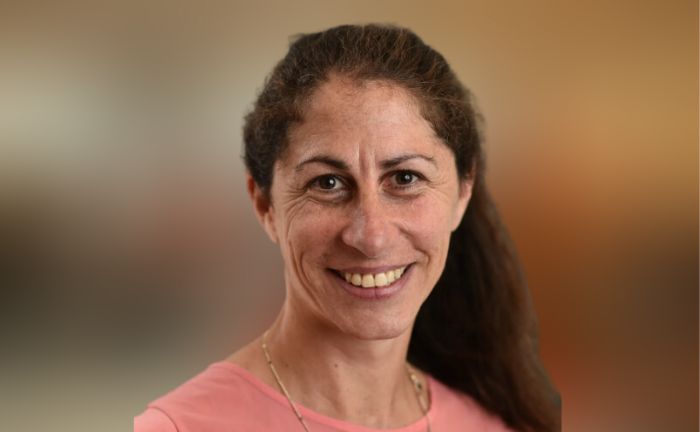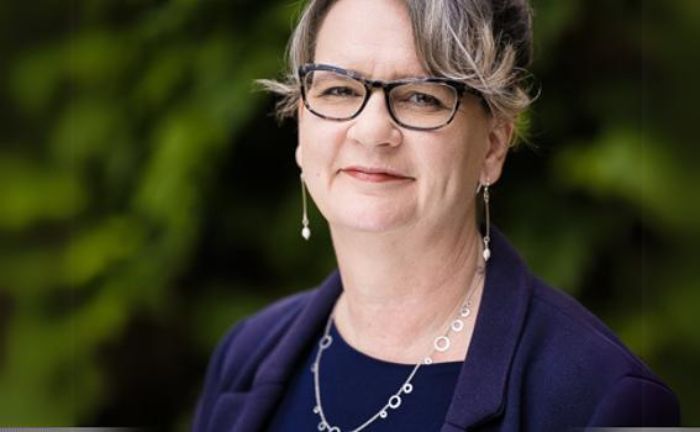Ethics Advisory Committee
The Ethics Advisory Committee (EAC)
The UK Biobank Ethics Advisory Committee (EAC) is a Committee of the UK Biobank Board who’s remit is to provide advice to the Board on ethical issues that arise during the maintenance, development and use of UK Biobank, including:
- Identifying, defining and examining current ethical issues or those on the horizon
- Providing advice, guidance and recommendations on relevant ethical issues
- Reviewing and advising on policies which have an ethical dimension that are relevant to UK Biobank
- Conducting detailed conceptual and empirical ethics research to ensure that advice is evidence-based, and that UK Biobank maintains its robust ethical justification for current and future activity.
UK Biobank Board and Committees
Research-led arm of EAC
New researcher joins the Ethics Advisory Committee
As the UK Biobank research resource matures and new technologies provide ever higher resolution, UK Biobank needs to be able to anticipate relevant ethical issues and respond to them in an agile way. To ensure that we are ethically equipped to do this, our new ethics/social science researcher will undertake detailed empirical and conceptual research to support a new research-led arm of the UK Biobank Ethics Advisory Committee. This research will ensure that advice from the committee is evidence-based and responsive to ethical issues as they arise. It will also ensure that UK Biobank will continue to maintain its robust ethical justification for current and future activity. This pioneering approach to integrating social science and ethics research into the very heart of the organisation provides a benchmark for ethics best practice for other similar cohort studies.
Research will commence by exploring themes relevant to issues around value, data access, sustainability, participant experiences and expectations, and consent, though will be adapted as new issues emerge. We also welcome suggestions from UK Biobank participants about the types of research they would be interested in us conducting.
Publications emanating from our research resource will be published here in due course.
Doctor Nicola Perrin chairs the UK Biobank EAC
Nicola became Chief Executive of AMRC in November 2021, having previously been a Trustee of AMRC for five years. Her background is in policy, strategy and engagement. Nicola led the policy team at Wellcome for fourteen years, focusing on research base funding, innovation in the NHS, and data sharing.
Prior to that she worked at the Nuffield Council on Bioethics and the Science Museum. Nicola has had a particular focus on ensuring health data can be used in a responsible and trustworthy way for research, including establishing the Understanding Patient Data initiative.
Nicola is on the Genomics England and UK Biobank Boards, and was awarded an MBE in New Year’s Honours 2020 for services to science.
The EAC was established in 2018 and replaced the Ethics and Governance Council (EGC) (for further information about the EGC please see below).

UK Biobank EAC Members

Professor Adam Hedgecoe, Professor at the School of Social Sciences, Cardiff University

Dr Susan E Wallace, Lecturer of Population and Public Health Sciences in the Department of Health Sciences at the University of Leicester.

Professor Anneke Lucassen, Professor of Genomic Medicine and Director of the Centre for Personalised Medicine at the Wellcome Trust Centre at the University of Oxford

Dr Gabrielle Samuel, Lecturer in Environmental Justice and Health at King's College London, and Co-Director of SHADE.

Professor Melinda Mills, Professor of Demography and Population Health NDPH, Director of the Demographic Science Unit, University of Oxford.
UK Biobank Ethics and Governance Council
The UK Biobank Ethics and Governance Council (EGC) was established by the UK Biobank funders, the Wellcome Trust and the Medical Research Council, when UK Biobank began the recruitment of its 500,000 participants in 2006.
The function of the EGC was to:
- Act as an independent guardian of the UK Biobank Ethics and Governance Framework (EGF) and advise on its revision
- Monitor and report publicly on the conformity of the UK Biobank project with the EGF
- Advise more generally on the interests of research participants and the general public in relation to UK Biobank.
Over the intervening years, the EGC discharged this role and made a considerable contribution to the UK Biobank resource.
It became apparent that during this period UK Biobank had developed at a considerable pace and, as a consequence, the EGC recommended that its oversight role would be more effectively discharged by better integration within UK Biobank as an advisory committee of the UK Biobank Board. This recommendation was accepted by the UK Biobank funders and by the UK Biobank Board and led to the establishment of the EAC.
Last updated
